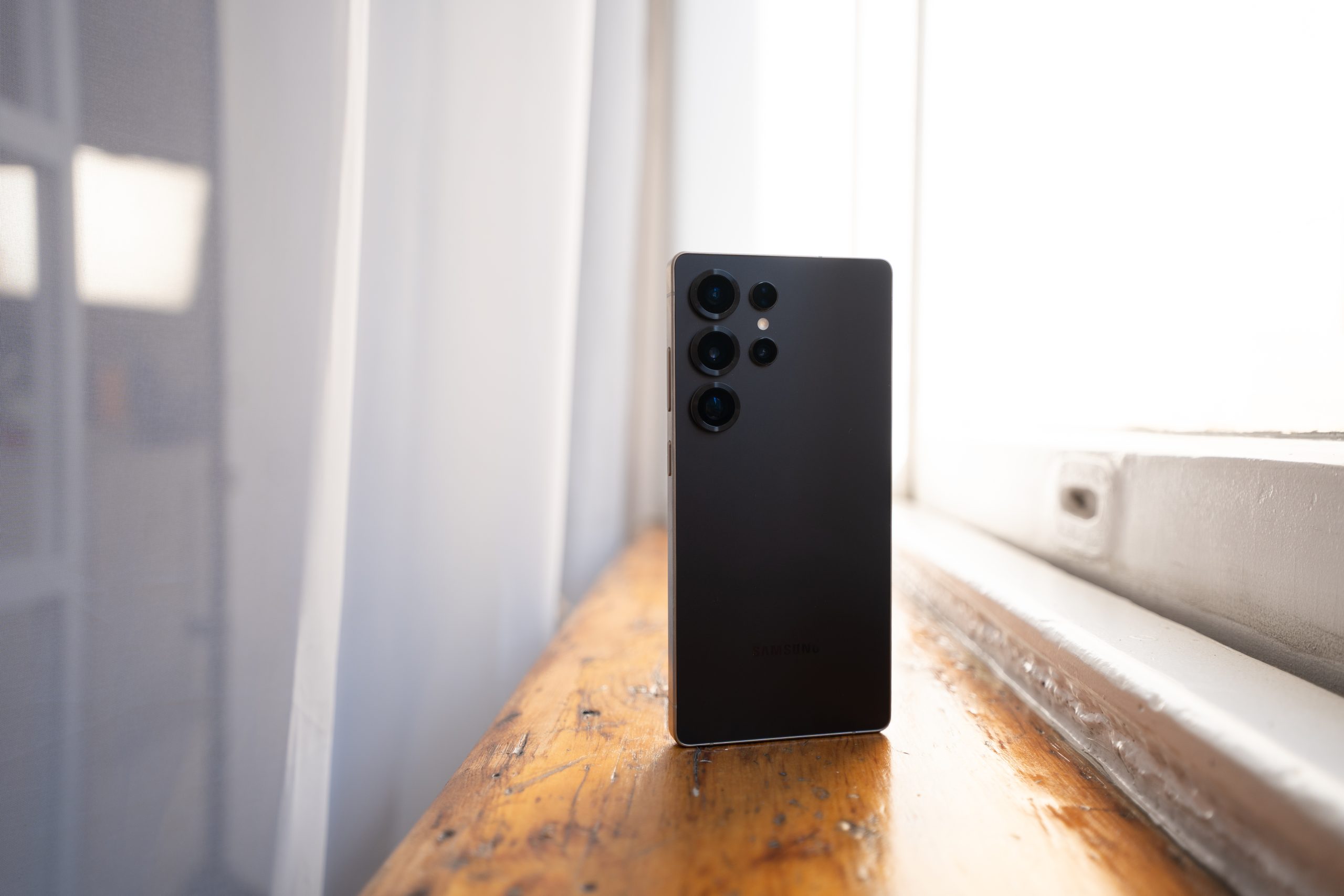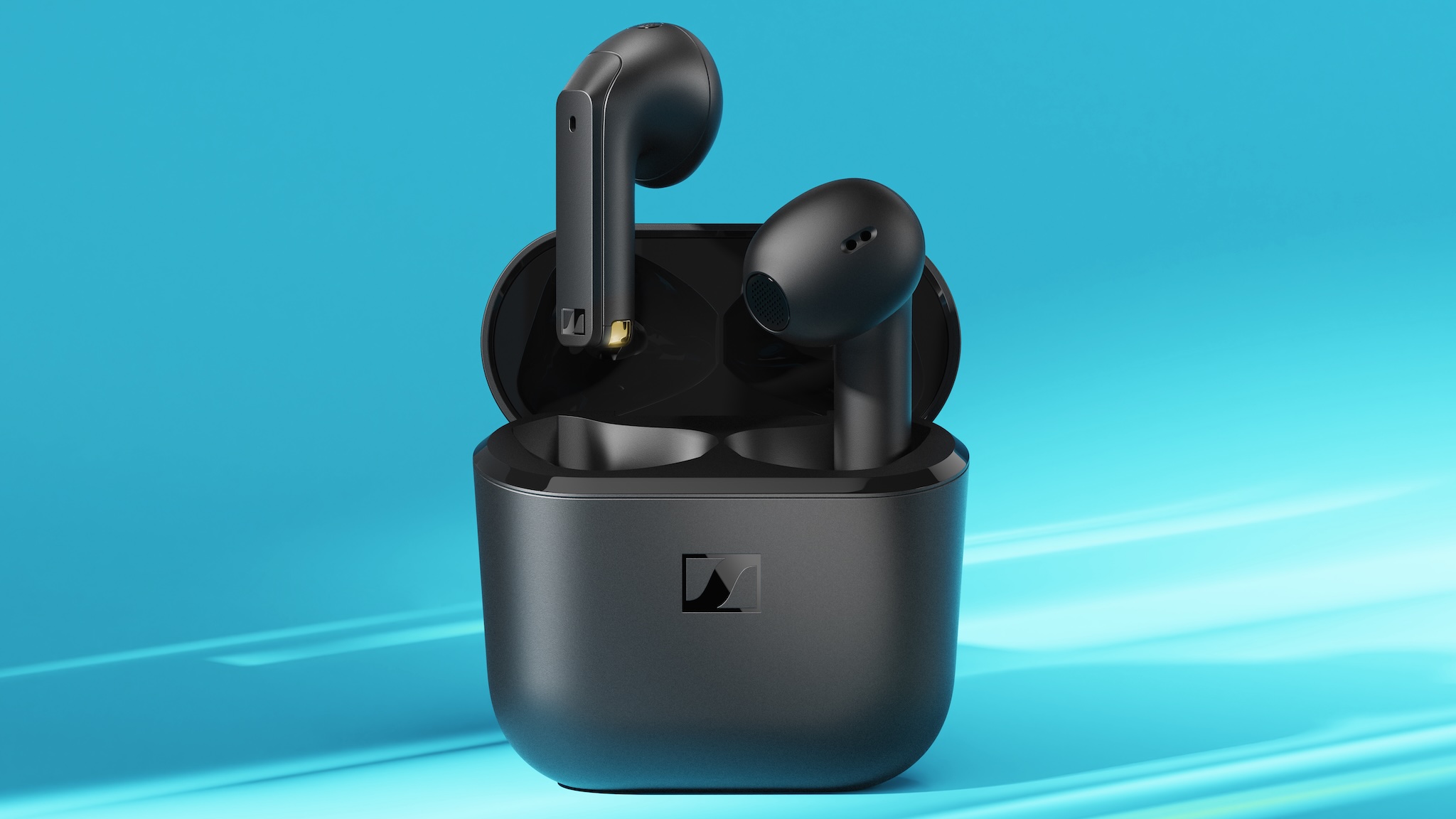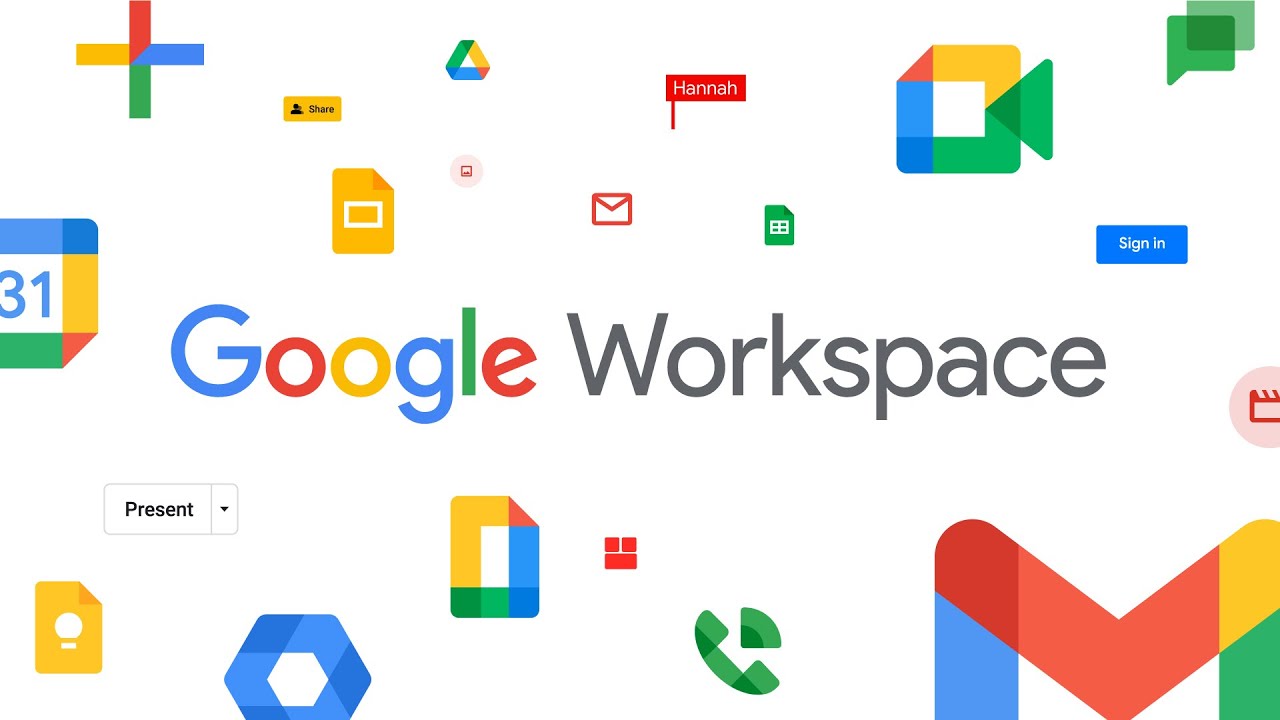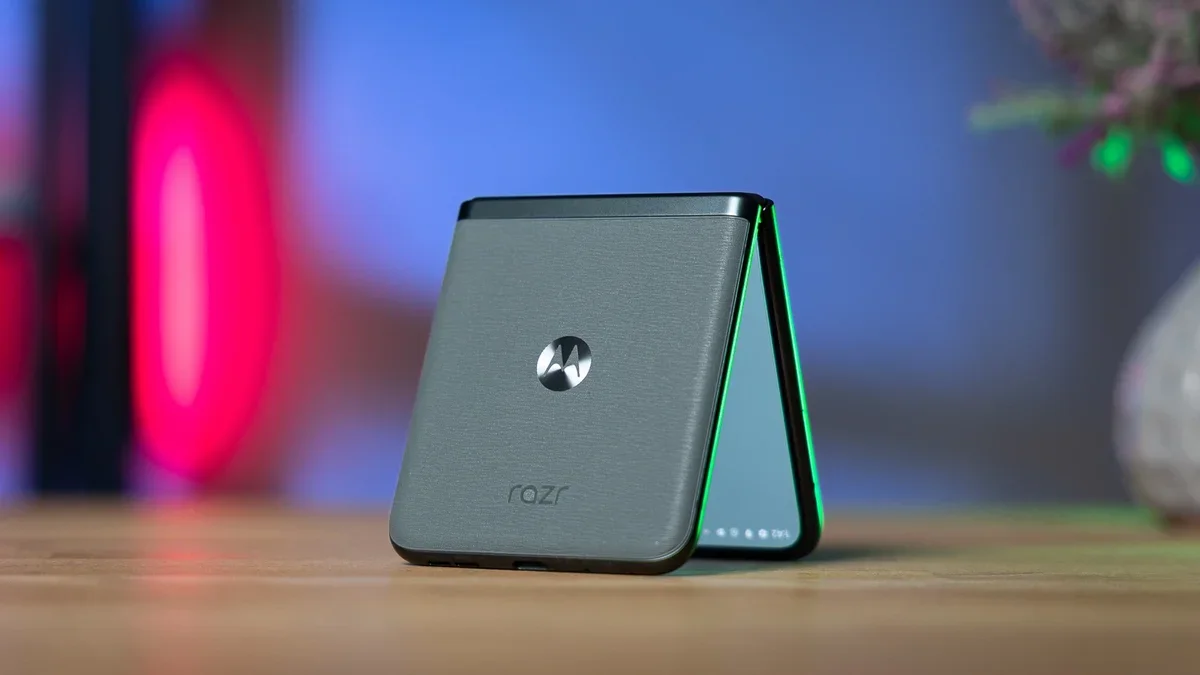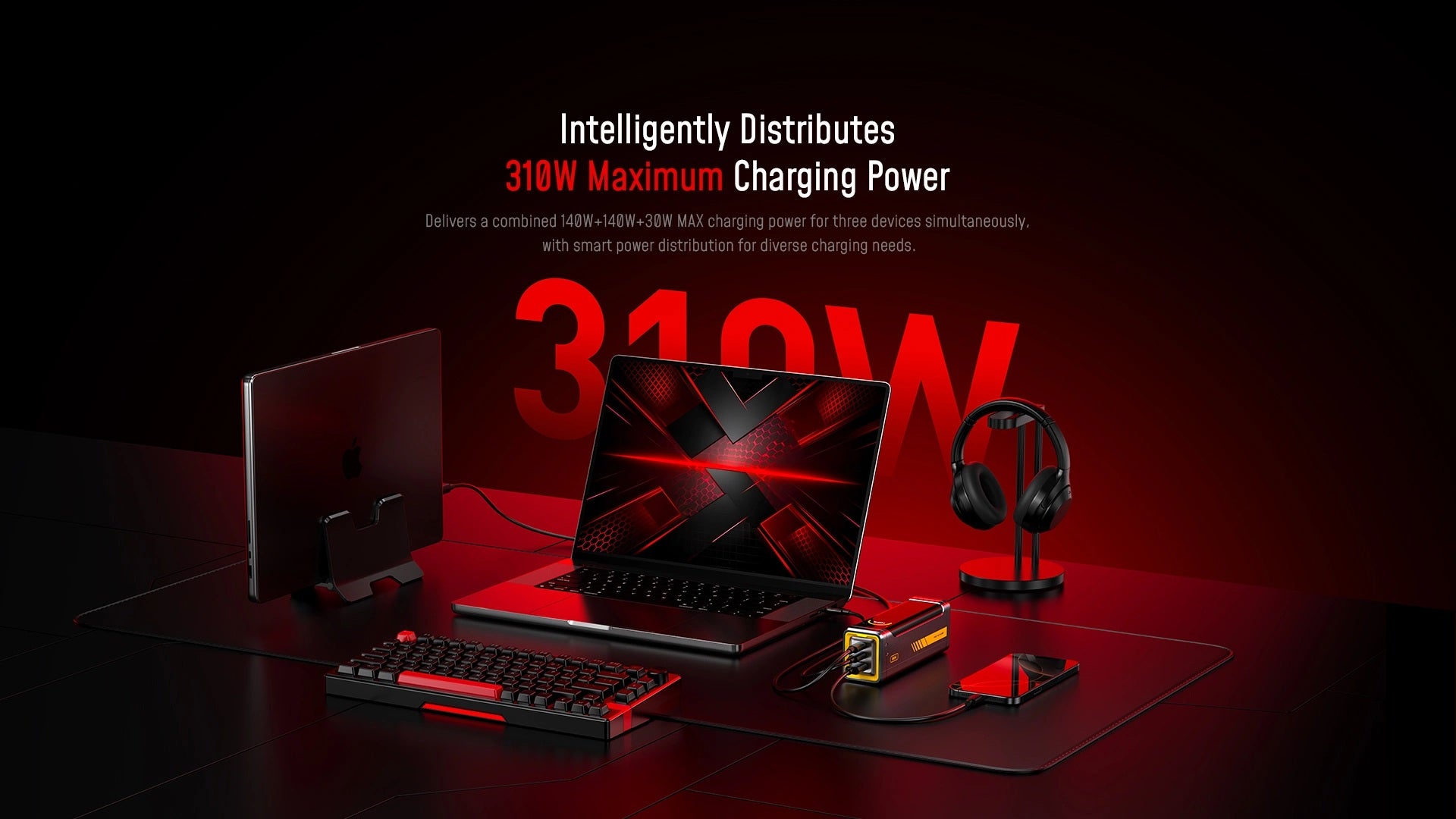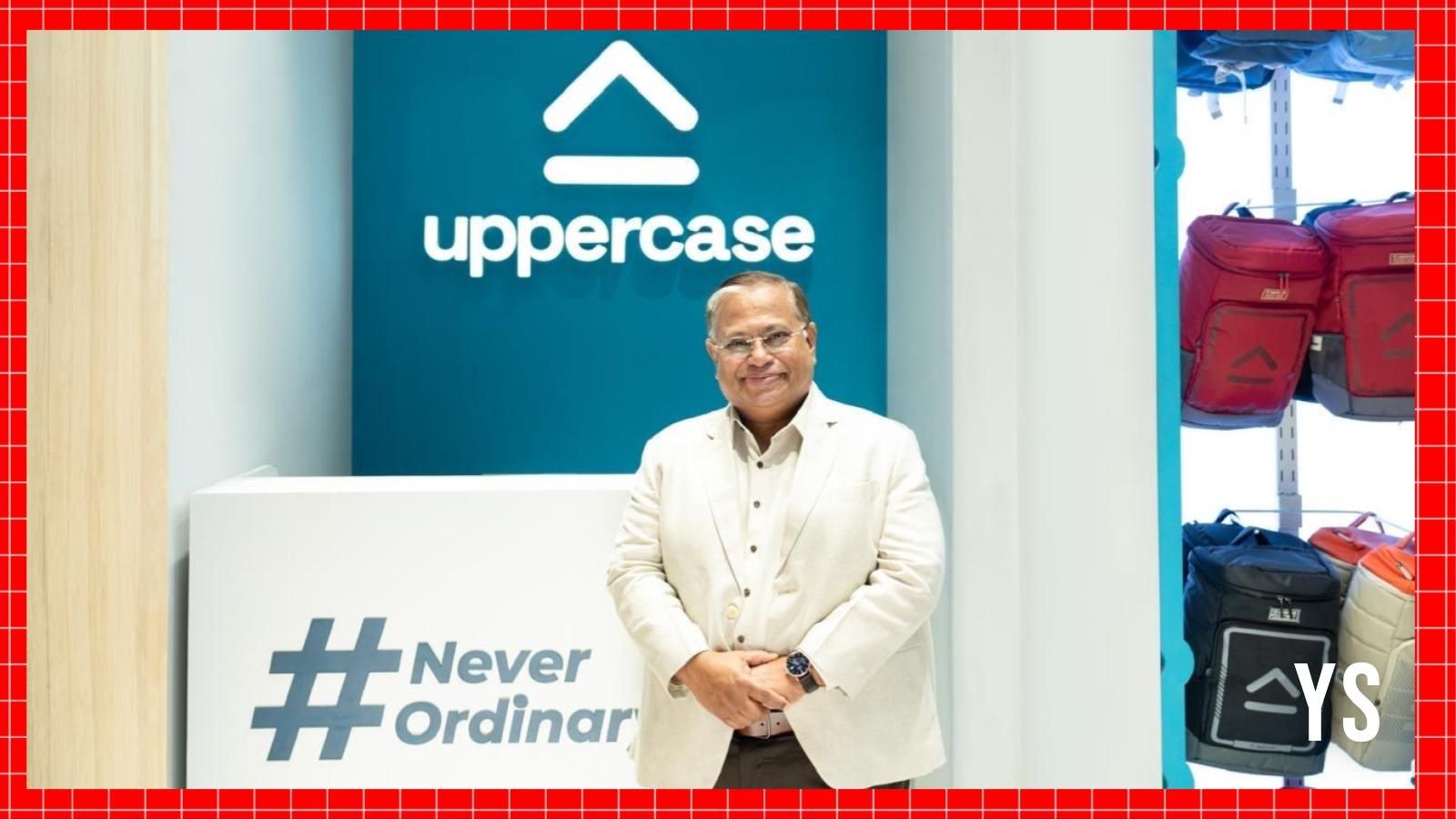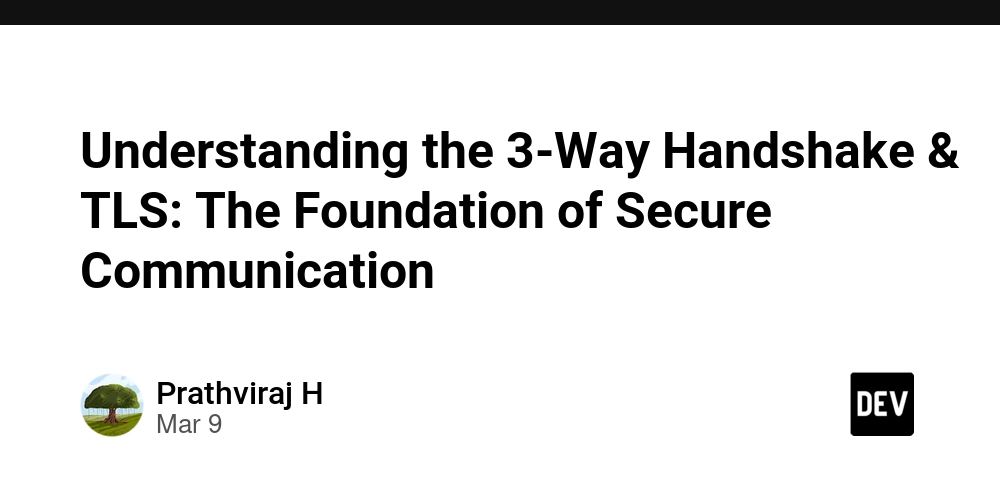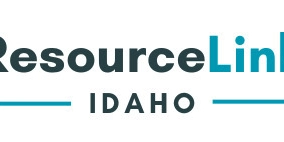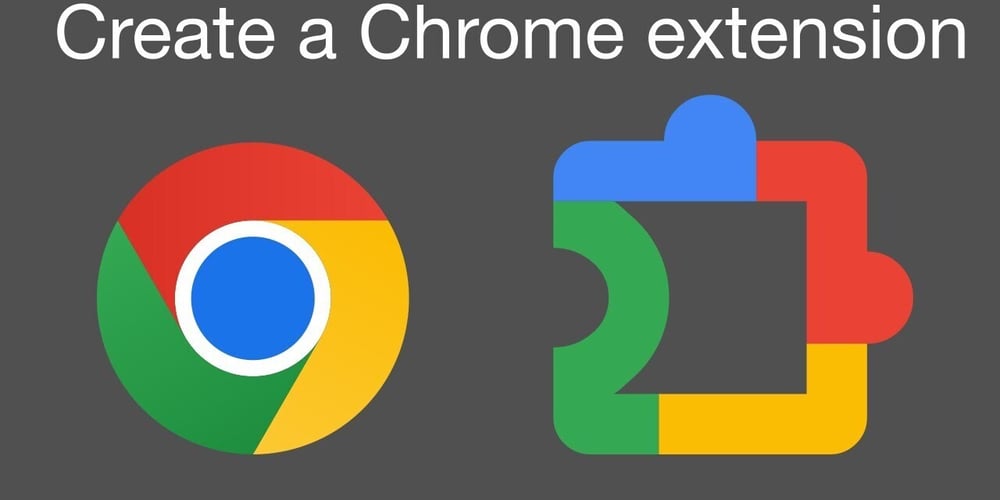Why Hybrid Mobile Event Apps Are a Game-Changer for Modern Event Hosting
In the ever-evolving world of event management, the line between physical and digital experiences has blurred. As hybrid events—those that combine in-person and virtual components—become the norm rather than the exception, event organizers are seeking solutions that can seamlessly manage both environments. This is where hybrid mobile event apps come into play. A hybrid mobile event app is a powerful tool that bridges the gap between online and on-site attendees, offering a unified experience that enhances engagement, simplifies logistics, and delivers measurable results. Whether you're hosting a global tech conference or a local corporate seminar, a hybrid app can dramatically improve how you plan, manage, and execute your event. Here’s how hybrid mobile event apps make hosting easier—and smarter—for modern events. 1. Unifying the Experience for All Attendees One of the biggest challenges with hybrid events is ensuring a consistent experience for both in-person and virtual attendees. A hybrid mobile app brings everyone together on a single platform. Whether someone is attending from the event floor or logging in from halfway across the world, they can access the same features: schedules, speaker information, live streams, networking tools, and more. This consistency helps boost engagement and ensures that no one feels like a second-class attendee. 2. Simplified Event Management from a Single Platform Managing two formats—physical and virtual—can quickly double your workload. But a hybrid app consolidates all your tools in one place. You can manage ticketing, track RSVPs, coordinate schedules, monitor live sessions, and push updates in real time from one centralized dashboard. This not only simplifies the backend logistics but also reduces the need for multiple platforms and manual coordination. 3. Enhanced Engagement Through Interactive Features Modern attendees expect to engage, not just observe. Hybrid mobile event apps come loaded with features designed to foster interaction across both audiences. Live polls and Q&A during sessions Gamification elements like leaderboards and scavenger hunts Virtual networking lounges and matchmaking tools Discussion boards and live chat These features help replicate the energy of in-person events and allow remote attendees to participate actively rather than passively watch. 4. Real-Time Communication and Notifications Keeping attendees informed is critical—especially when you’re managing two different audiences. Hybrid apps make this easy with real-time push notifications. Need to announce a session change? Update a location? Share a last-minute discount code? Push it directly to every attendee's phone or browser instantly. This ensures everyone stays in the loop, regardless of their physical location. 5. Flexible Content Delivery Hybrid mobile event apps are built to support multiple content formats: live sessions, on-demand videos, downloadable resources, and presentation slides. This means attendees can consume content in the way that suits them best—live or later, in person or online. This flexibility is particularly valuable for global events spanning multiple time zones or for professionals who want to catch up on missed sessions post-event. 6. Data-Driven Insights and Analytics One of the most powerful advantages of using a hybrid app is the ability to gather comprehensive data from both in-person and virtual interactions. Track metrics like: Session attendance (virtual and on-site) Engagement rates (poll responses, chat activity, downloads) Networking interactions Feedback and satisfaction scores These insights give you a full 360-degree view of your event’s performance, helping you make informed decisions and prove ROI to stakeholders. 7. Streamlined Check-In and Access Control For the in-person crowd, hybrid apps offer contactless check-in using QR codes, facial recognition, or even geofencing. This improves safety, reduces wait times, and minimizes human error. You can also control access to sessions based on ticket type, role, or registration status—all through the app. Meanwhile, virtual attendees can log in securely, verify their identity, and access the content tailored to their permissions. 8. Built-in Monetization Opportunities Hybrid apps aren’t just logistical tools—they’re marketing and revenue engines. You can sell sponsorship placements within the app, such as branded banners, sponsor pages, or sponsored push notifications. Offer virtual booths where exhibitors can connect with attendees, schedule meetings, and even run product demos. With the right strategy, your hybrid app can open up new revenue streams for your event. 9. Post-Event Engagement and Extended Value Unlike traditional events that end once the doors close, hybrid apps extend the life of your event. Recordings, session content, and networking opportunities can r
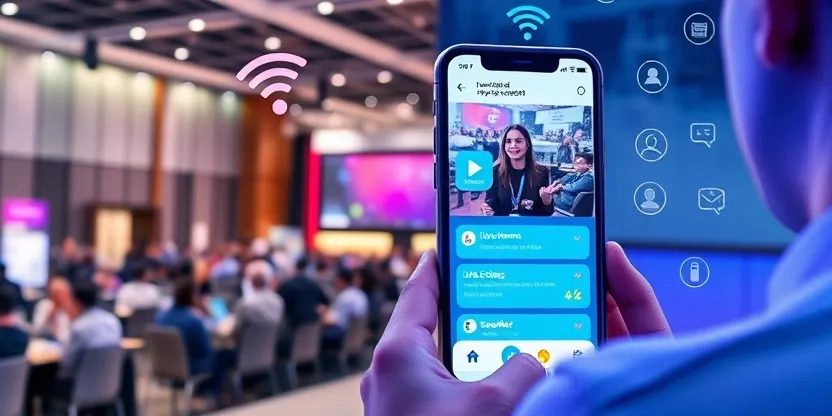
In the ever-evolving world of event management, the line between physical and digital experiences has blurred. As hybrid events—those that combine in-person and virtual components—become the norm rather than the exception, event organizers are seeking solutions that can seamlessly manage both environments. This is where hybrid mobile event apps come into play.
A hybrid mobile event app is a powerful tool that bridges the gap between online and on-site attendees, offering a unified experience that enhances engagement, simplifies logistics, and delivers measurable results. Whether you're hosting a global tech conference or a local corporate seminar, a hybrid app can dramatically improve how you plan, manage, and execute your event.
Here’s how hybrid mobile event apps make hosting easier—and smarter—for modern events.
1. Unifying the Experience for All Attendees
One of the biggest challenges with hybrid events is ensuring a consistent experience for both in-person and virtual attendees. A hybrid mobile app brings everyone together on a single platform. Whether someone is attending from the event floor or logging in from halfway across the world, they can access the same features: schedules, speaker information, live streams, networking tools, and more.
This consistency helps boost engagement and ensures that no one feels like a second-class attendee.
2. Simplified Event Management from a Single Platform
Managing two formats—physical and virtual—can quickly double your workload. But a hybrid app consolidates all your tools in one place. You can manage ticketing, track RSVPs, coordinate schedules, monitor live sessions, and push updates in real time from one centralized dashboard.
This not only simplifies the backend logistics but also reduces the need for multiple platforms and manual coordination.
3. Enhanced Engagement Through Interactive Features
Modern attendees expect to engage, not just observe. Hybrid mobile event apps come loaded with features designed to foster interaction across both audiences.
- Live polls and Q&A during sessions
- Gamification elements like leaderboards and scavenger hunts
- Virtual networking lounges and matchmaking tools
- Discussion boards and live chat
These features help replicate the energy of in-person events and allow remote attendees to participate actively rather than passively watch.
4. Real-Time Communication and Notifications
Keeping attendees informed is critical—especially when you’re managing two different audiences. Hybrid apps make this easy with real-time push notifications.
Need to announce a session change? Update a location? Share a last-minute discount code? Push it directly to every attendee's phone or browser instantly. This ensures everyone stays in the loop, regardless of their physical location.
5. Flexible Content Delivery
Hybrid mobile event apps are built to support multiple content formats: live sessions, on-demand videos, downloadable resources, and presentation slides. This means attendees can consume content in the way that suits them best—live or later, in person or online.
This flexibility is particularly valuable for global events spanning multiple time zones or for professionals who want to catch up on missed sessions post-event.
6. Data-Driven Insights and Analytics
One of the most powerful advantages of using a hybrid app is the ability to gather comprehensive data from both in-person and virtual interactions.
Track metrics like:
- Session attendance (virtual and on-site)
- Engagement rates (poll responses, chat activity, downloads)
- Networking interactions
- Feedback and satisfaction scores
These insights give you a full 360-degree view of your event’s performance, helping you make informed decisions and prove ROI to stakeholders.
7. Streamlined Check-In and Access Control
For the in-person crowd, hybrid apps offer contactless check-in using QR codes, facial recognition, or even geofencing. This improves safety, reduces wait times, and minimizes human error. You can also control access to sessions based on ticket type, role, or registration status—all through the app.
Meanwhile, virtual attendees can log in securely, verify their identity, and access the content tailored to their permissions.
8. Built-in Monetization Opportunities
Hybrid apps aren’t just logistical tools—they’re marketing and revenue engines. You can sell sponsorship placements within the app, such as branded banners, sponsor pages, or sponsored push notifications.
Offer virtual booths where exhibitors can connect with attendees, schedule meetings, and even run product demos. With the right strategy, your hybrid app can open up new revenue streams for your event.
9. Post-Event Engagement and Extended Value
Unlike traditional events that end once the doors close, hybrid apps extend the life of your event. Recordings, session content, and networking opportunities can remain accessible for days or weeks after the event ends.
This prolonged access keeps your brand top-of-mind, allows attendees to revisit sessions, and opens the door for continued engagement, feedback collection, or even upselling for future events.
10. Scalability for Events of All Sizes
Whether you're organizing a 100-person seminar or a 10,000-attendee global summit, hybrid apps scale effortlessly. You don’t need to reinvent the wheel each time—just customize the app to fit your event’s size, structure, and goals.
This scalability makes hybrid apps a smart long-term investment for organizers who host multiple events throughout the year.
Final Thoughts
In 2025, the way we host events is fundamentally different—and the tools we use must evolve to match. Hybrid mobile event apps are more than just a digital companion; they are the backbone of modern event strategy.
By bridging the gap between physical and virtual audiences, streamlining logistics, and boosting engagement, these apps empower event organizers to deliver world-class experiences that are inclusive, data-driven, and future-ready.
If you're planning your next event, don't just go hybrid—go smart. Choose a hybrid mobile event app that works as hard as you do.
















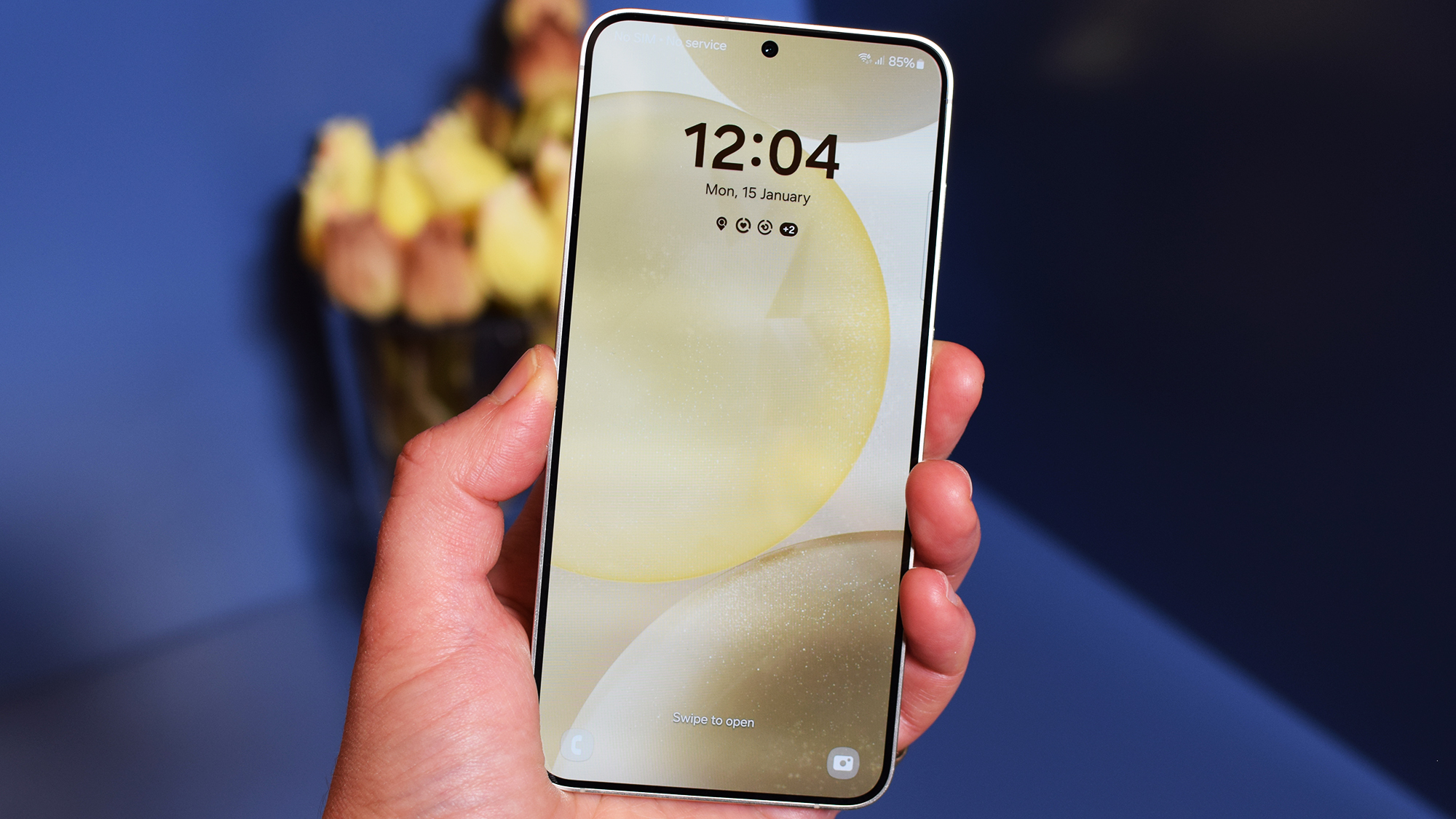
























































































































































![[The AI Show Episode 143]: ChatGPT Revenue Surge, New AGI Timelines, Amazon’s AI Agent, Claude for Education, Model Context Protocol & LLMs Pass the Turing Test](https://www.marketingaiinstitute.com/hubfs/ep%20143%20cover.png)














































































































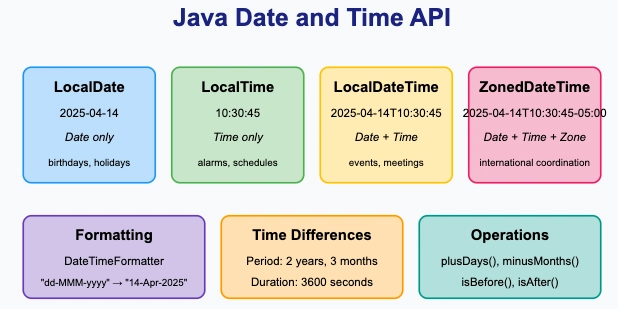
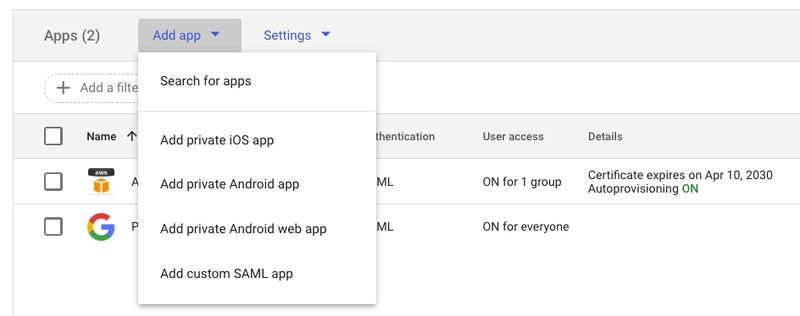











![[DEALS] Microsoft Visual Studio Professional 2022 + The Premium Learn to Code Certification Bundle (97% off) & Other Deals Up To 98% Off](https://www.javacodegeeks.com/wp-content/uploads/2012/12/jcg-logo.jpg)

![From Accountant to Data Engineer with Alyson La [Podcast #168]](https://cdn.hashnode.com/res/hashnode/image/upload/v1744420903260/fae4b593-d653-41eb-b70b-031591aa2f35.png?#)



















































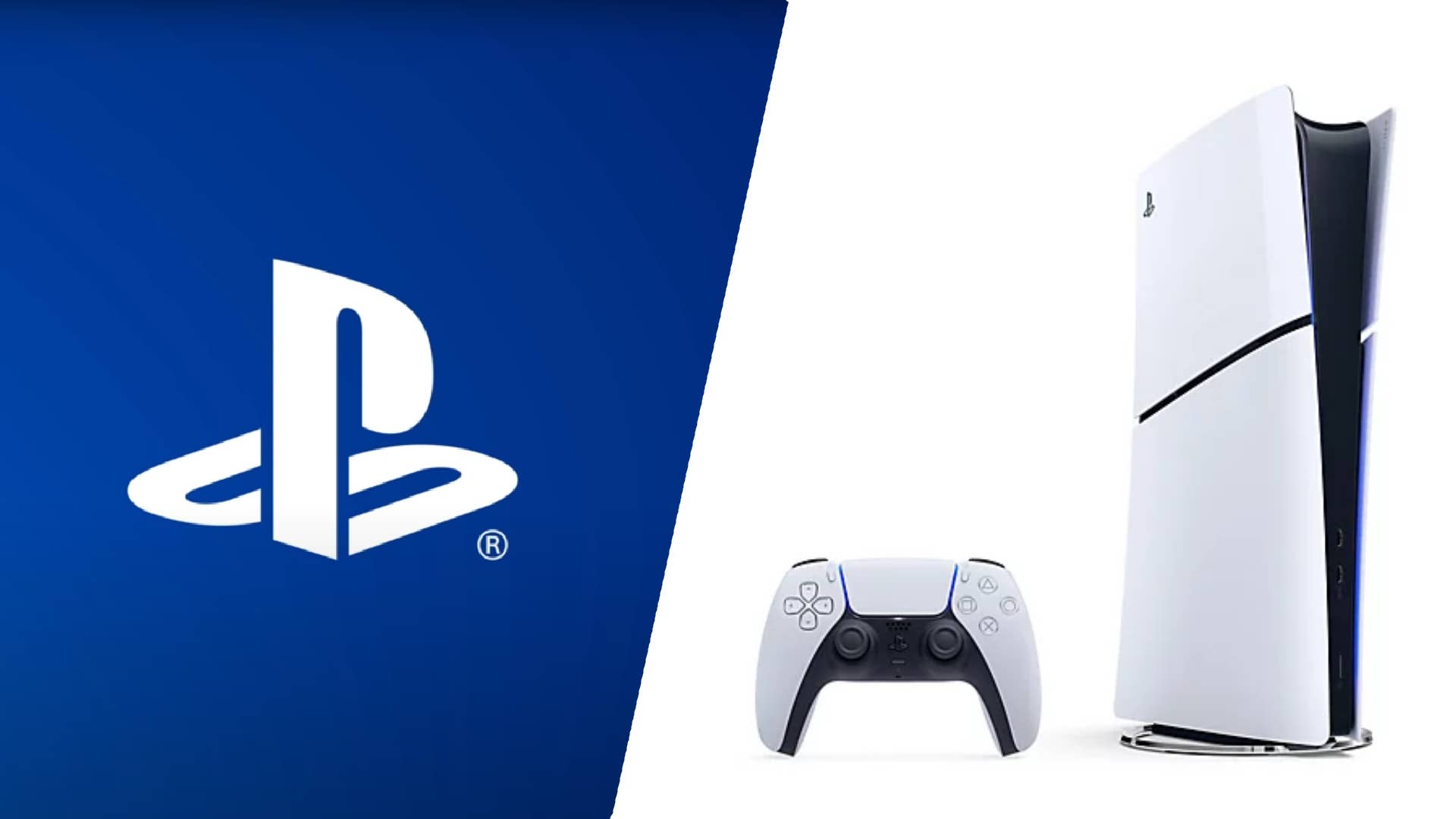
















































.png?#)




























































































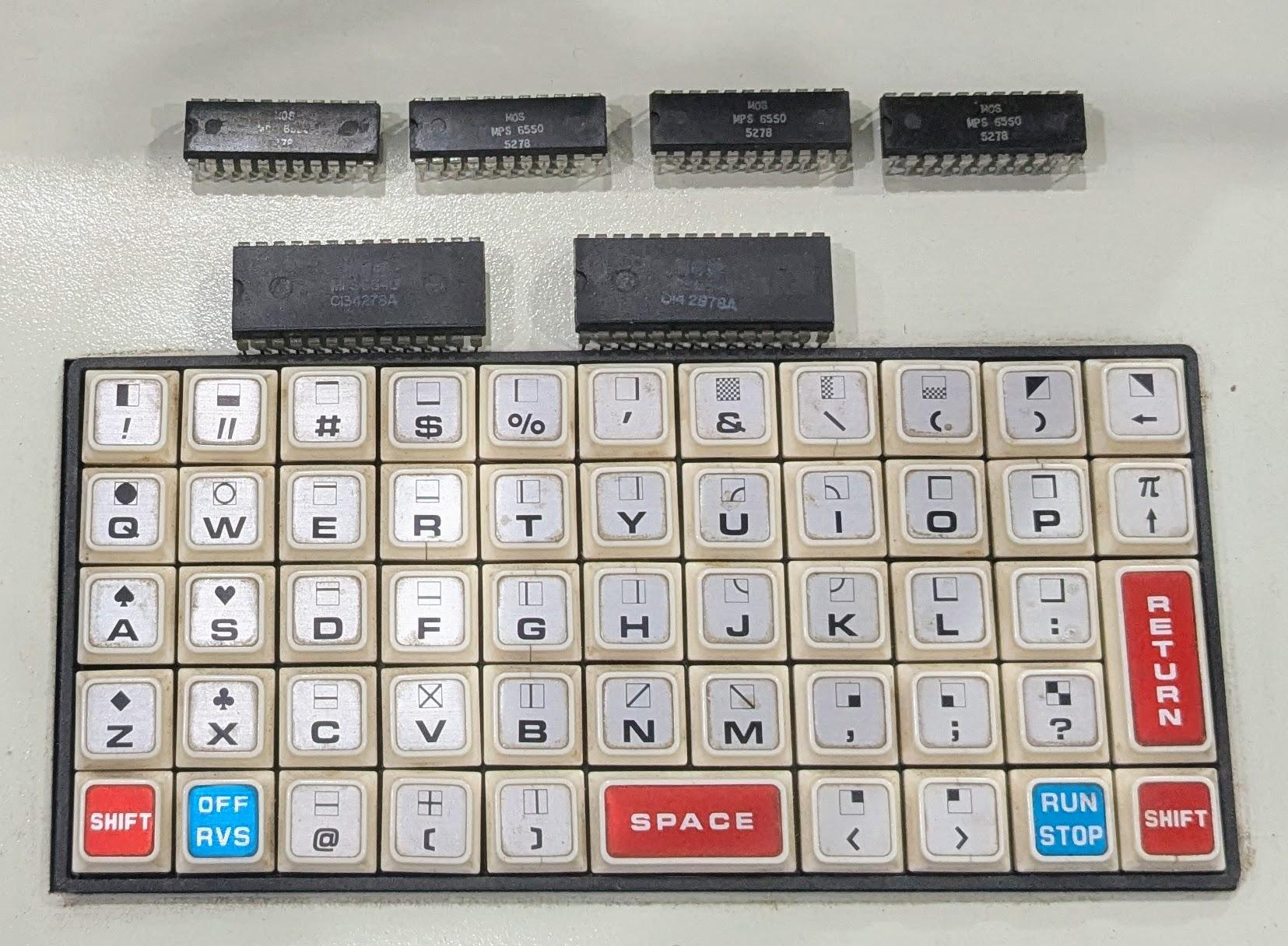

























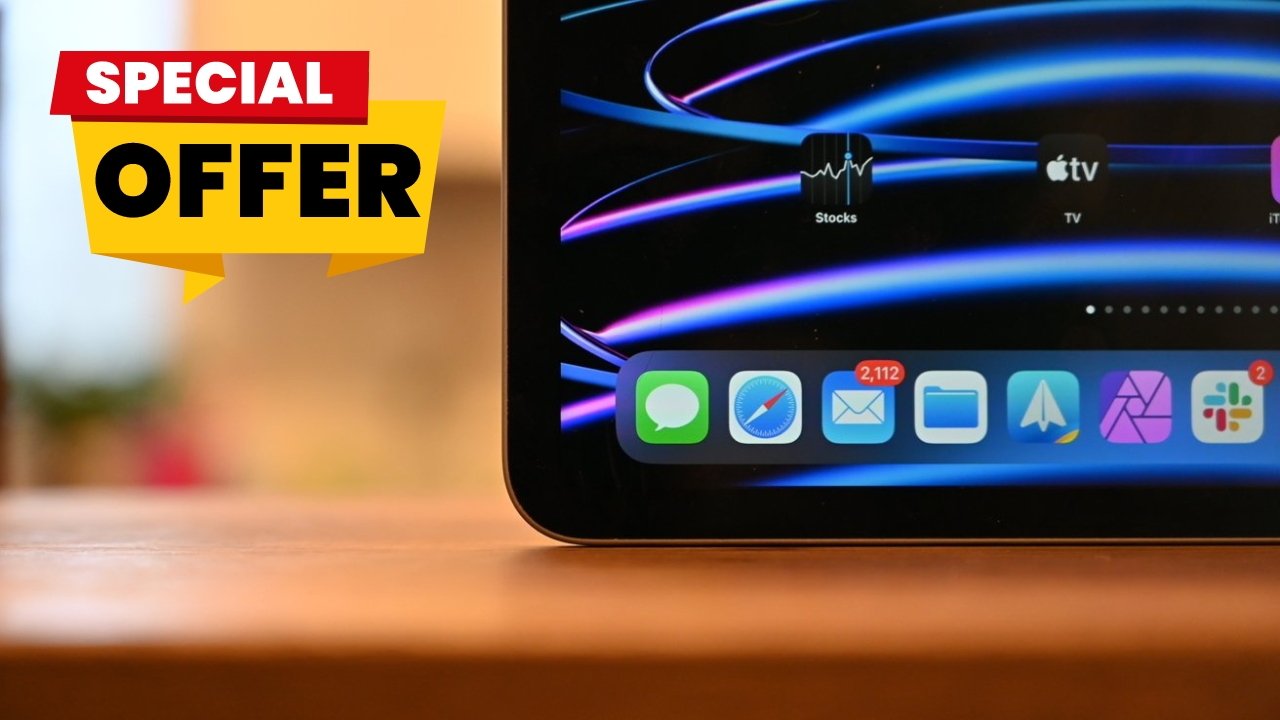







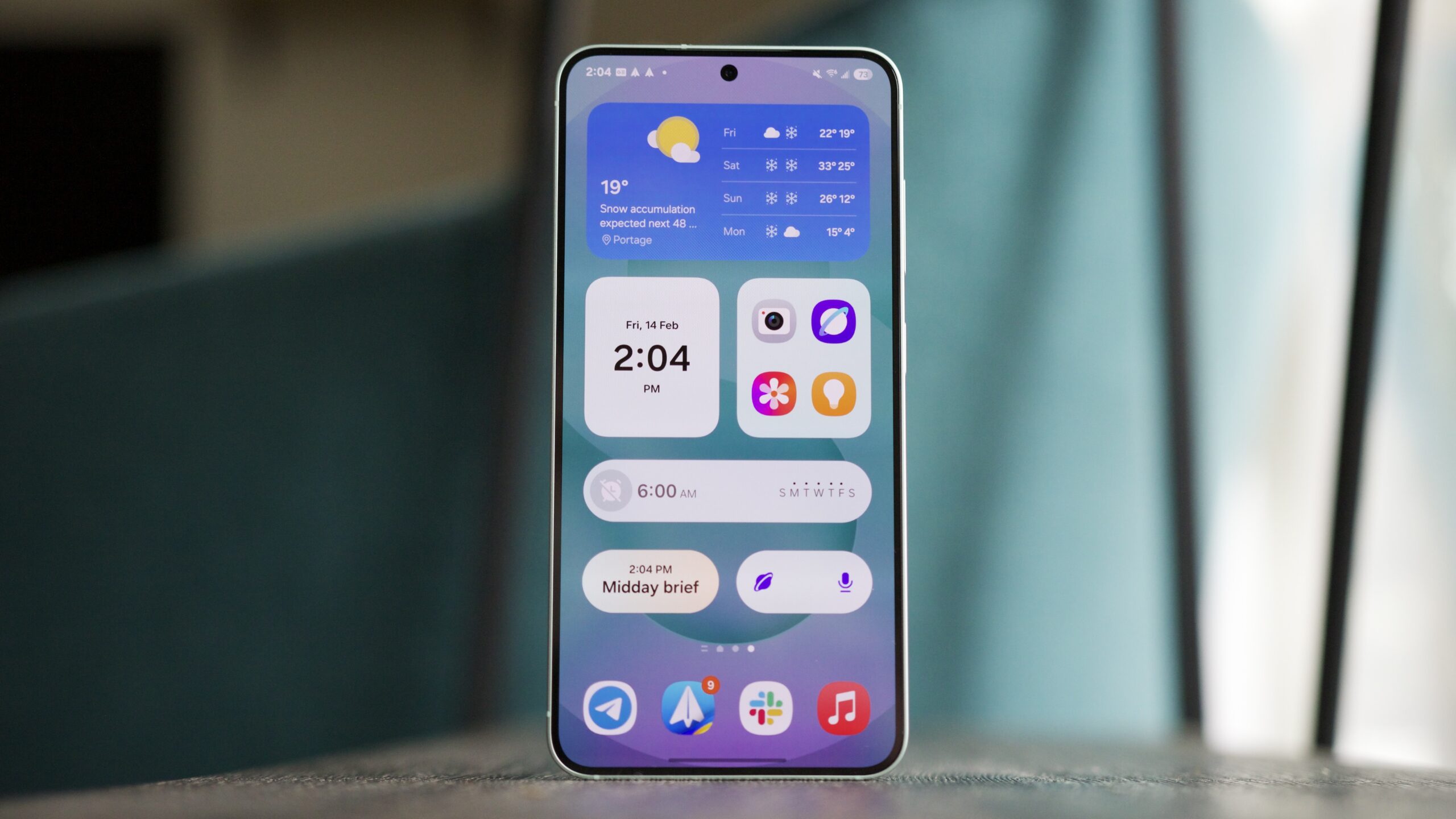
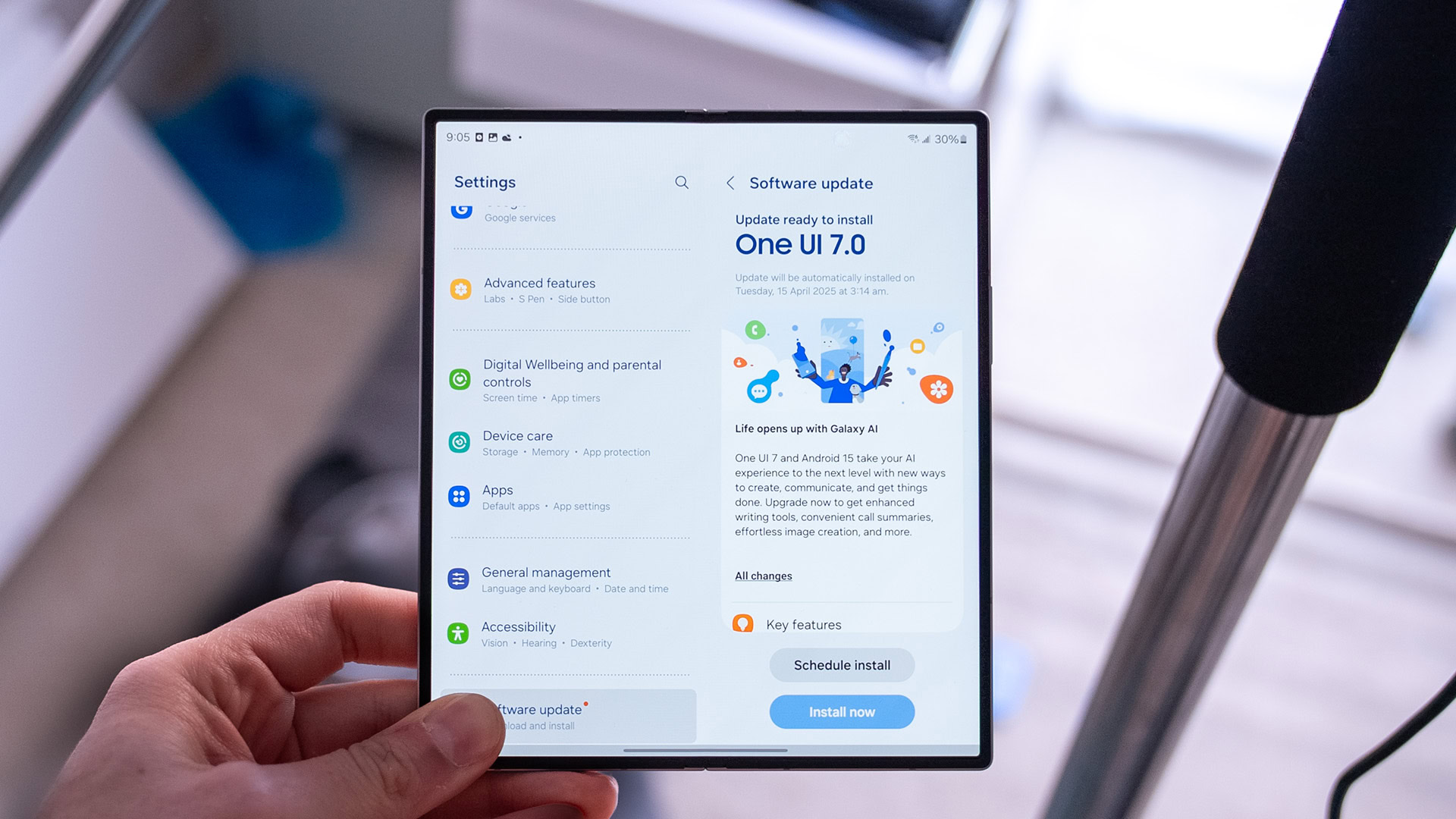
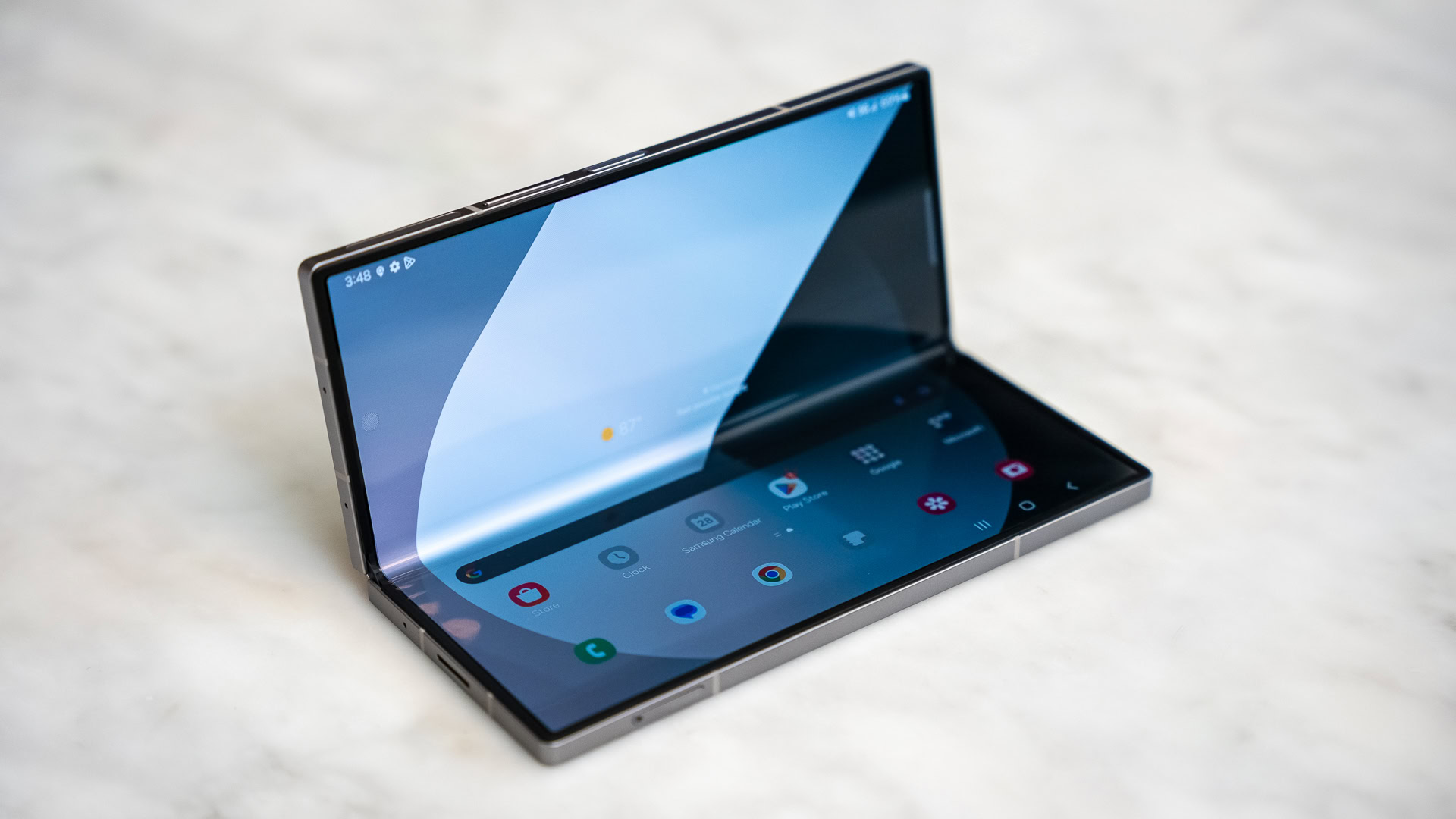




![Some of the best accessories to pair with your Pixel 9 [Video]](https://i0.wp.com/9to5google.com/wp-content/uploads/sites/4/2024/10/Accessories-Header.jpg?resize=1200%2C628&quality=82&strip=all&ssl=1)


![What Google Messages features are rolling out [April 2025]](https://i0.wp.com/9to5google.com/wp-content/uploads/sites/4/2023/12/google-messages-name-cover.png?resize=1200%2C628&quality=82&strip=all&ssl=1)











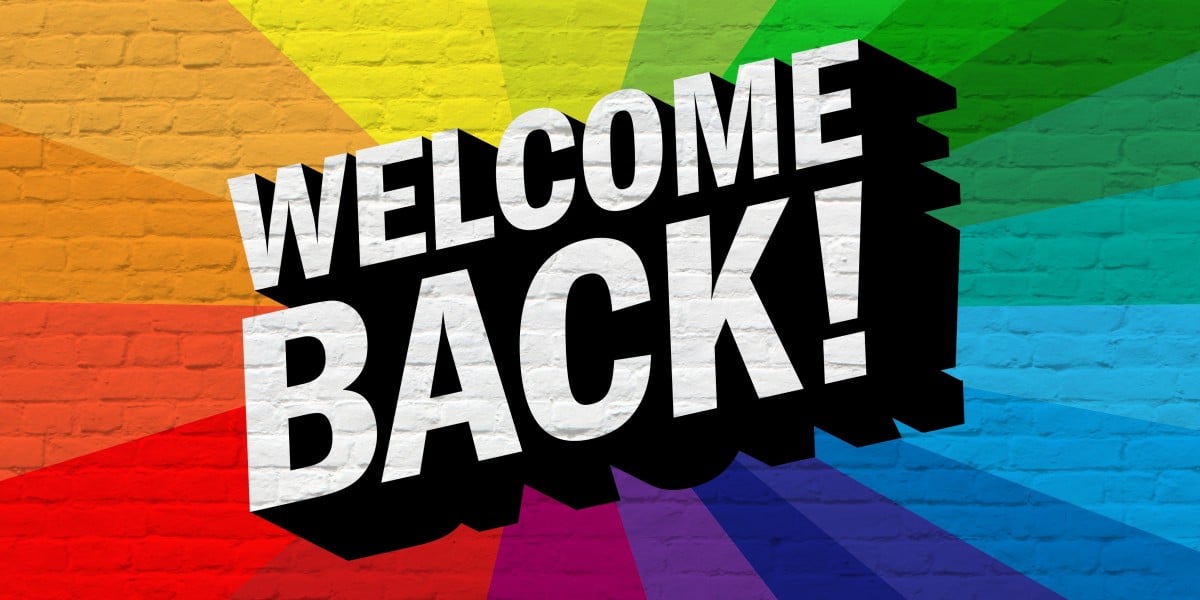
![iPadOS 19 Will Be More Like macOS [Gurman]](https://www.iclarified.com/images/news/97001/97001/97001-640.jpg)
![Apple TV+ Summer Preview 2025 [Video]](https://www.iclarified.com/images/news/96999/96999/96999-640.jpg)
![Apple Watch SE 2 On Sale for Just $169.97 [Deal]](https://www.iclarified.com/images/news/96996/96996/96996-640.jpg)













